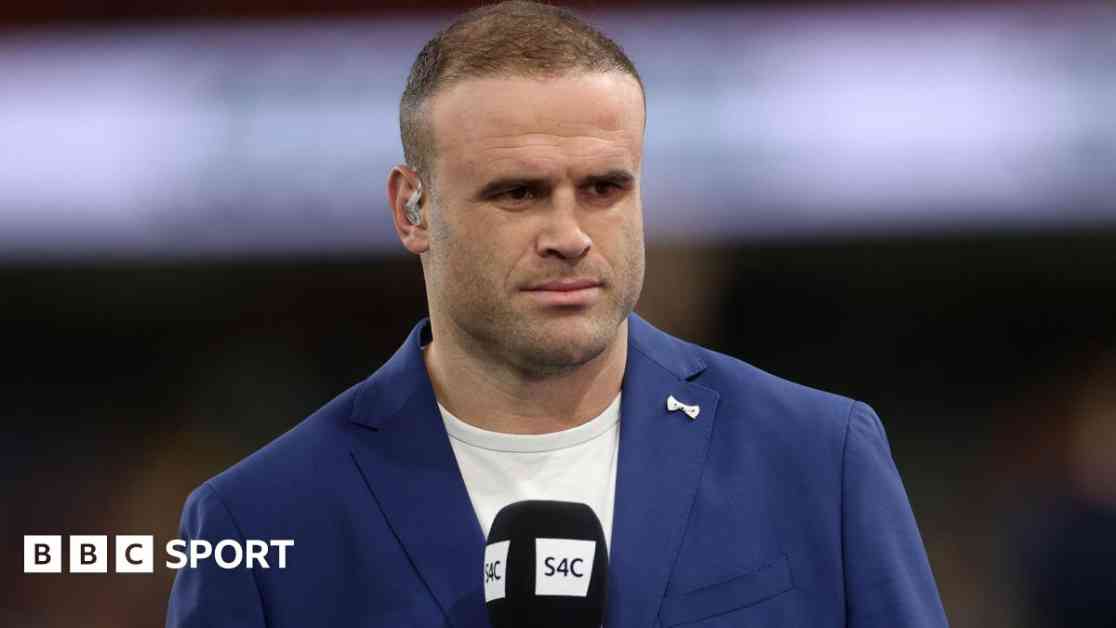Welsh Rugby Union (WRU) board member Jamie Roberts is crossing his fingers for some good decisions regarding the future of the game. The WRU has put forward a controversial proposal to slash the number of professional men’s sides in Wales from four to two, which has not been sitting well with players, fans, and clubs. Dave Reddin, the WRU director of rugby, recently presented his findings to the board following a public consultation, with a final decision expected by the end of October. Roberts, a former Wales center, is part of the 12-strong board that will ultimately determine the fate of Welsh rugby.
The WRU has tabled three other options, including keeping three teams but reducing one, and all possibilities are now on the table for serious consideration. The fate of Cardiff is particularly interesting as the team is currently owned by the WRU after facing administration earlier this year. WRU chief executive Abi Tierney has made it clear that professional rugby will continue in the Welsh capital, leaving the Dragons, Ospreys, and Scarlets anxiously awaiting the final decision. While mergers are being considered as an option, Ospreys chief executive Lance Bradley has expressed skepticism about the feasibility of a merger with the Scarlets, citing numerous barriers to such a move. Despite constructive conversations with the WRU, the final decision rests with the board.
The future of the £5 million redevelopment of St Helen’s ground in Swansea hangs in the balance, dependent on the decision later this month. Ospreys are set to play their home matches at the Brewery Field in Bridgend for one season due to the uncertainty, kicking off with a solid 24-0 win against Zebre. Bradley remains hopeful for clarity by the end of October, emphasizing the need for certainty to proceed with the redevelopment. Star players Jac Morgan and Dewi Lake’s contract situations are also up in the air, adding to the uncertainty facing Welsh players. Despite the challenges, Ospreys head coach Mark Jones commends his squad for their resilience and focus amidst the ambiguity, highlighting their positive attitude and adaptability on the field.
Not really sure why this matters, but the future of Welsh rugby seems to be at a crossroads, with decisions looming that could shape the game for years to come. Whether it’s cutting teams, considering mergers, or securing the future of players and grounds, the stakes are high for all involved. Let’s hope the right decisions are made for the benefit of Welsh rugby as a whole, and that clarity is provided sooner rather than later. The uncertainty surrounding the game adds an extra layer of intrigue and drama, keeping fans on the edge of their seats as they await the final verdict. So, fingers crossed for a positive outcome and a bright future for Welsh rugby.
















